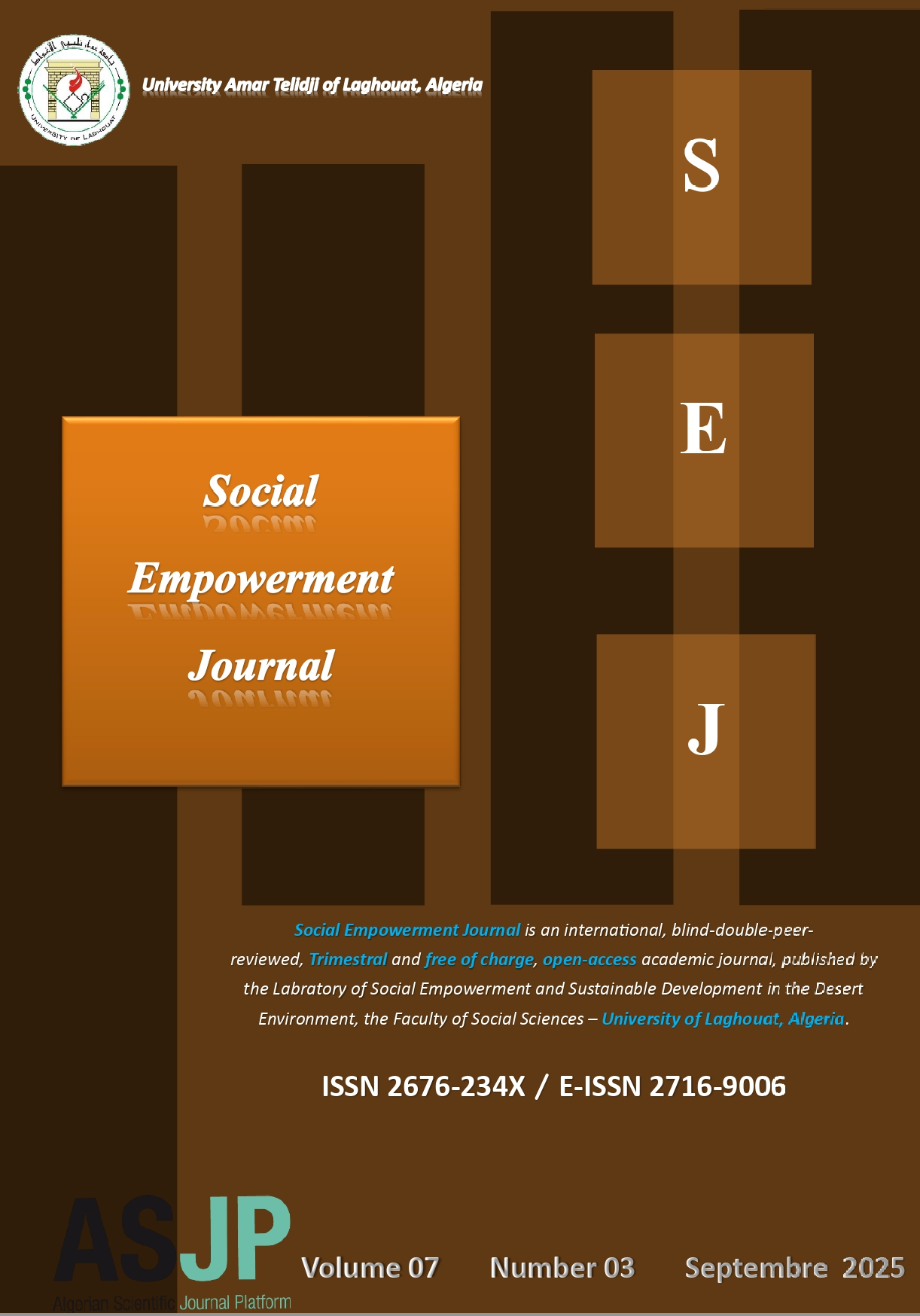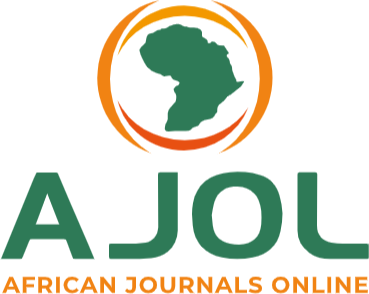The Arab family historically in the context of religions between authenticity and reality: A Field Study
الأسرة العربية تاريخيًّا في ظل الأديان بين الأصالة والواقع: دراسة ميدانية
Abstract
Families in all religions and nations have great similarities, particularly in upbringing, education, interdependence, connection and familiarity. Although they may differ from one another, according to social or religious principles, but all remain in the framework of concern for cohesion, and the Arab family is a typical example to be followed in studies, and to be a model that gives a clear picture of families of different faiths and nationalities. However, the impact of globalization and the information and technology revolution left visible fingerprints. Families are bound to deal with them, vulnerable to them, protecting their members from their disadvantages and damages. This issue has to be highlighted to alert them, and raise the alarm of the negative impact of those effects that reach families with ease and ease.
This research aims to monitor the family relationship between authenticity and reality and the conflict in what each of them witnesses to compare them, through a field study based on questionnaires. The importance of the research lies in that it shows the difference in the family relationship between the targeted groups, based on the results of the questionnaires prepared in this regard. The research proceeded according to two approaches: descriptive analytical and experimental survey. It also reached a set of results based on data.
Downloads
References
Al-Khatib, S. A. (2002). A view of contemporary sociology (1st ed.).
Al-Tuwaijri, A. O. (2000). Globalization and cultural life in the Islamic world. Riyadh: Islamic Educational, Scientific and Cultural Organization (ISESCO).
Al-Suyuti, J. A. (2003). Al-Fath al-kabir fi dham al-ziyadah ila al-jami‘ al-saghir (Y. Al-Nabahani, Ed., 1st ed.). Beirut: Dar Al-Fikr.
Abu Za‘rur, M. S. (1998). Globalization. Amman, Jordan: Dar Al-Bayariq.
Es‘ad, F. Z. (2019, January 31). The Arab family under social changes between stability and change. Journal of Tadwin / Laboratory of Systems: Structures, Models and Practices, University of Oran, (12).
Hegazi, A. M. (1998, May). Globalization and the mechanisms of marginalization in Arab culture. In Fourth Scientific Conference: Arab Culture in the Coming Century between Globalization and Specificity. Philadelphia University, Jordan.
Manā‘, H. S. (1989). The Prophet’s (peace be upon him) sermon in the Farewell Pilgrimage. Beirut: Dar Al-Fikr Al-Arabi.
Omar, A. M. (2004). Globalized media and its impact on the consumer. Beirut, Lebanon: Center for Arab Unity Studies.
The Holy Bible, The First Epistle of Paul to Timothy, Chapter 5. (n.d.). https://st-takla.org/Bibles/BibleSearch/showChapter
The Holy Bible, The Epistle of Paul to the Ephesians, Chapter 5. (n.d.). https://st-takla.org/Bibles/BibleSearch/showChapter

This work is licensed under a Creative Commons Attribution-NonCommercial 4.0 International License.





















